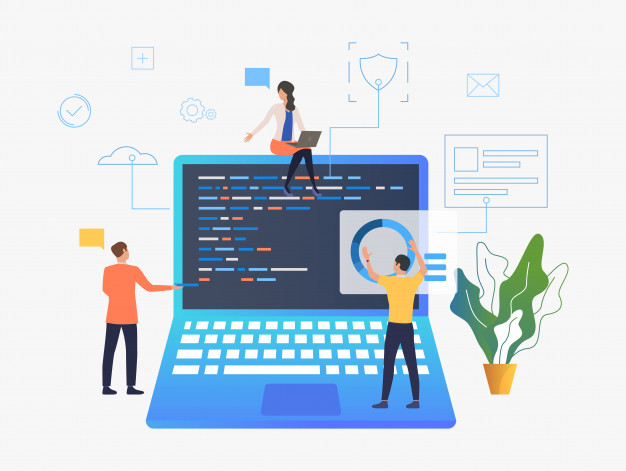Website Safe Security
For anyone running a business website, then site security needs to be one of their highest priorities. The good news for SMBs is that it's possible to implement effective site security at a price even SMBs can afford. Here is what you need to know.
Secure Your Website with Site Security
These days, all businesses should run their websites on the basis of zero-trust. In short, this means that you need to work on the assumption that you're going to be attacked (because you will). You also need to work on the assumption that some of these attacks will breach your defenses (hopefully not but hope is not a strategy). This means that you need to prioritize security every, single time you make a decision relating to your website right from the purchase of your domain.
Buying your domain
Given that most domains are very affordable, even for SMBs, it's well worth considering buying yours directly from a domain registrar even if your host offers to provide one for free. If your host has already arranged your domain for you, then see if it is possible to have the domain transferred into your name.

Holding your domain in your own name protects you from any issues with your host. It does, however, put the onus on you to manage the security of your domain account. This means that firstly, you need to apply for any and all privacy protection on offer, even if you have to pay for it. Secondly, you need to ensure that you use a genuinely strong and unique password together with two-factor authentication if it is on offer. It usually is but you may have to look for it in the settings.
Last but not least, make sure that you keep a note of when your domain is due to expire so you renew it. This may not technically be a security issue, but you're going to feel pretty sick if you let it expire and someone else buys it.
Choosing your hosting
In principle, you can self-host your website. In practice, unless you have significant in-house IT security resources, then you're probably going to need a lot of help from a managed IT services company. For this reason, many SMBs prefer just to put their web hosting needs in the hands of a dedicated web hosting vendor. This is a perfectly sensible option, just remember to look at security, uptime, page-load time, technical support, and customer service before you even start thinking about price.
Be prepared to spend as much as you can afford to maximize your website security. In particular, think about whether or not you can find the budget for a dedicated server. There are two big advantages to this. The first is that you can concentrate all your efforts on external security rather than having to think about protecting your site from the possibility of “malware leakage” from a neighboring site. The second is that the fact that you have full control over the environment can make it a lot easier to delegate tasks to third-party vendors, whether that's your host or your regular managed IT services vendor.
Protecting your local computers and mobile devices
Your website security depends on the security of the devices which connect to it, at least to its back end. This means that all of your local computers and mobile devices need the protection of a robust anti-malware solution with an integrated firewall. If you have remote and/or mobile users, then you also need a VPN. This may be obvious for mobile workers, but perhaps less so for remote ones. The key point to remember, however, is that employees do not necessarily have the technical knowledge to secure their own internet connections, so you have to help them.
Choosing and managing your software
In terms of security, choosing your content management system itself should be a fairly straightforward exercise. All of the mainstream CMSs can offer a very high level of security. Third-party add-ons, however, are a very different matter. These vary from the excellent to the awful with many variations in between. Always do your research before you even consider deploying them and test them thoroughly before you put them into production.
Whatever software you use, always keep it up-to-date. This is important with any kind of software and absolutely vital with open-source software. The reason for this is that the nature of open-source software makes it really easy for malicious actors to inform themselves about security flaws in older versions of it.
You should also update the default settings. Again, leaving default settings is a security vulnerability with any software, but particularly with open-source software.
Please click here now to have your website scanned, for free, by cWatch from Comodo.





